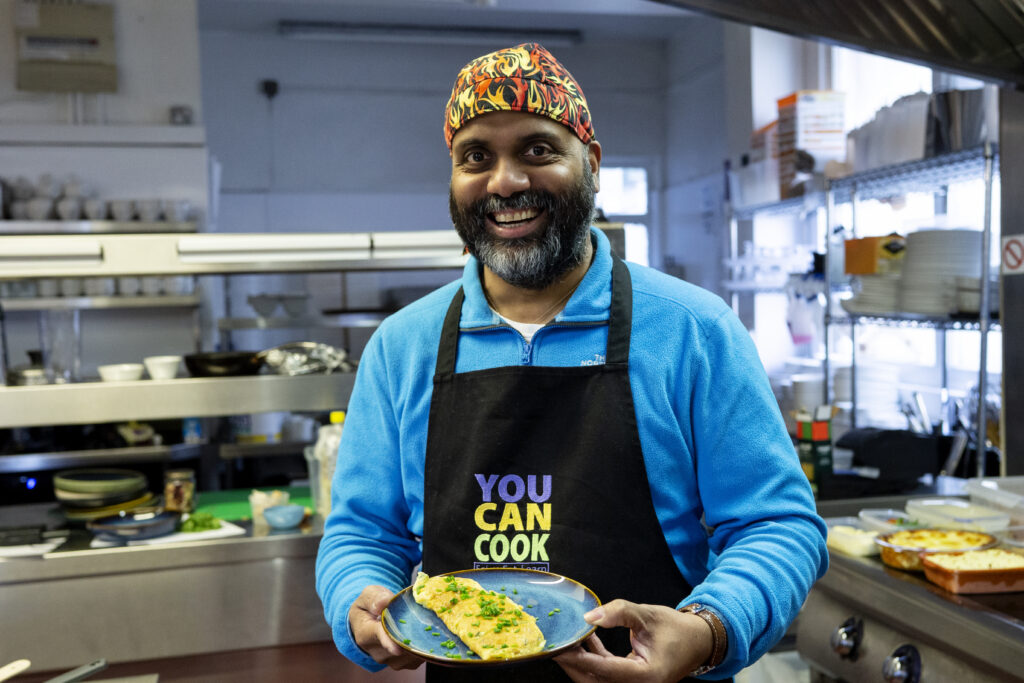
This week Bosco Santimano, founder and executive director of social enterprise You Can Cook, shares his thoughts on aspartame.
In this column I will be tackling one hidden ingredient; Aspartame! What is this ingredient and why is it so valuable to corporations? In a nutshell, aspartame is a substitute for sugar or in other words an artificial sweetener that was accidentally discovered by a scientist researching an anti-ulcer medication in the mid 60’s and is composed of two amino acids; aspartic acid and phenylalanine. If you see any drink that has “Sugar free’ be warned, as for a majority of us, this could be worse than sugar itself.
Aspartame is mainly found in a number of sugar free food products like fizzy drinks, cereals, ice cream, chewing gum, diet cola’s, etc. to name a few. Chances that you are having this in your daily diet is probably very high and unavoidable in many cases. So what is this magic ingredient? To give you an example aspartame is 200 times sweeter than refined sugar! 1 gram of aspartame has roughly 4 calories while 8 grams of sugar has 32 calories! That’s a huge saving if you only look at the headline grabbing banner. Unfortunately for the general public this sweet con has one big downside, i.e. bulging waistlines and links to obesity. One way aspartame and other non-nutritive sweeteners may affect body weight is by increasing people’s appetite, which may lead to a higher food consumption. News reports over the last few decades have claimed that aspartame causes or increases the risk of headaches, dizziness, seizures, depression, attention deficit hyperactivity disorder (ADHD), Alzheimer’s, multiple sclerosis, cancer, etc, and the list continues. Currently there is insufficient scientific evidence to confirm or refute these claims of aspartame’s role in the above mentioned associated risks.
In July 2017 a systematic review was published in the Canadian Medical Association Journal which should make us stop and think twice before consuming any sugar free products. The researchers also noted an increase in diabetes, metabolic syndrome, hypertension and cardiovascular events in those who used sugar-free sweeteners like aspartame. Evidence found did not clearly support the intended benefits of non-nutritive sweeteners for weight management, and observational data suggest that routine intake of non-nutritive sweeteners may be associated with increased Body Mass Index (BMI) and cardiometabolic risk.
The primary outcome of the research showed change in BMI while the secondary outcomes included changes in body weight; adiposity; glucose metabolism; and incidence of overweight/obesity, metabolic syndrome, type 2 diabetes, hypertension and other cardiorenal outcomes.
Some of the alternatives to sugar free sweeteners are stevia, which is plant based and is 200 times sweeter or monk fruit extract which is calorie-free and up to 250 times more sweeter than sugar. Both these are natural sweeteners but care should be taken to have them in moderation and if you have a sweet tooth like me try eating fruits and alternatively don’t skip or delay any meals as this will also contribute to you losing the battle to keep in check your sweet desires and increase your snacking habit.
I know!
*Originally written & published in the Peeblesshire News.



